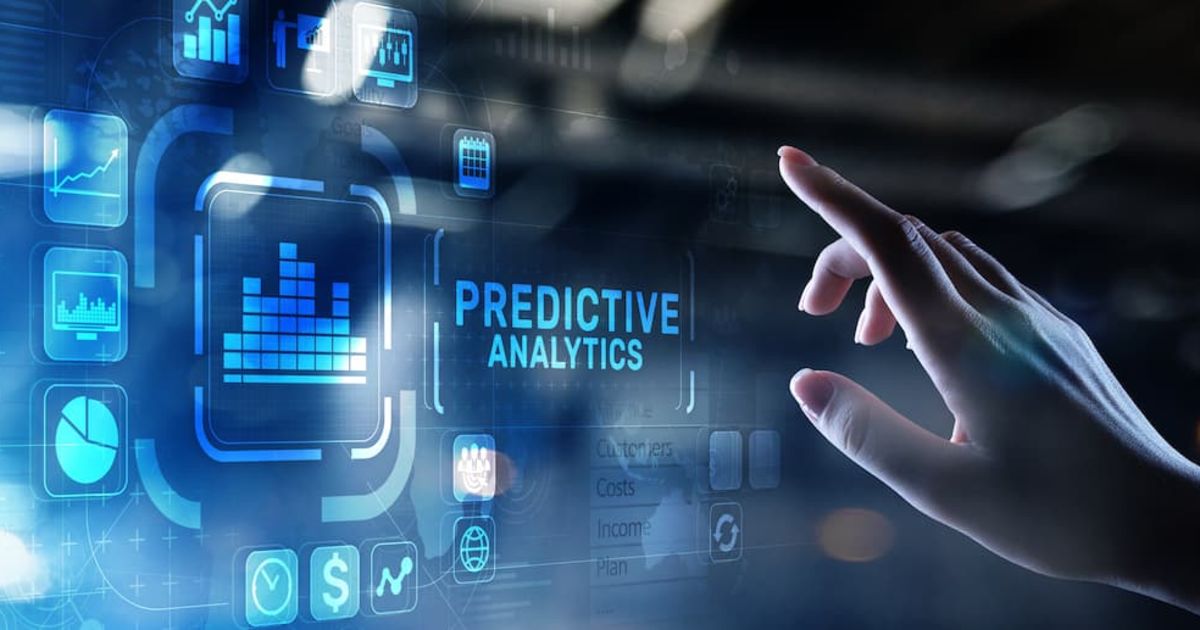How AI Development Is Changing Business Analytics?
Business analytics is undergoing a major transformation as artificial intelligence continues to evolve. Traditional methods of analyzing data are being replaced with advanced models that uncover deeper insights. Companies now rely on AI-driven tools to gain clarity, predict trends, and refine decision-making. With support from Software Company Near Me, organizations can integrate these solutions more effectively.
Changing Business Analytics
Data processing
AI has revolutionized how raw data is processed and structured. Automated systems clean, sort, and prepare information at speeds humans cannot match. This rapid processing reduces errors and ensures analysts work with high-quality datasets. As a result, businesses unlock hidden value from their information resources.
Predictive insights
One of the most powerful shifts in analytics is predictive capability. AI models forecast outcomes based on current and historical patterns. This allows organizations to anticipate customer behavior, market shifts, and operational needs. Companies equipped with such foresight can act before challenges escalate.

Real-time decisions
Businesses increasingly demand real-time answers to complex questions. AI development enables instant analysis of incoming streams of data. Decision-makers no longer wait for manual reports and instead adapt strategies on the spot. This responsiveness gives enterprises a competitive advantage in dynamic markets.

Customer understanding
Modern consumers leave digital footprints across multiple channels. AI interprets these signals to build accurate customer profiles. Businesses gain clarity on preferences, behaviors, and buying intentions. This level of understanding drives targeted campaigns and stronger customer relationships.
Cost optimization
AI enhances efficiency by identifying cost-saving opportunities across operations. Automated insights reveal inefficiencies that traditional audits often miss. Businesses can streamline supply chains, optimize staffing, and reduce resource waste. Over time, these savings improve profitability and sustainability.

Risk management
Managing risks has become more proactive with AI analytics. Intelligent algorithms detect anomalies and flag potential threats early. Financial institutions, for instance, use AI to identify fraudulent activities quickly. This proactive stance strengthens trust and safeguards long-term stability.

Market adaptation
Rapid changes in consumer demand require agility. AI-driven analytics highlight emerging trends before they dominate industries. Companies that embrace these insights can adjust product lines, pricing, and marketing strategies quickly. As markets evolve, adaptability ensures relevance and growth.

Strategic planning
Executives benefit from AI by gaining clearer long-term perspectives. Forecasting tools simulate different scenarios to test potential outcomes. These insights guide resource allocation and strategic investments with precision. The result is more confident planning backed by data-driven intelligence.
Workforce impact
AI development also changes the role of human analysts. Routine tasks are automated, freeing employees for creative and strategic work. Professionals focus on interpreting insights rather than generating raw reports. This shift creates more value from both human and machine contributions.
Conclusion
Human expertise combined with AI intelligence fosters smarter decisions at every level. As demand grows, Software Company Near Me helps organizations unlock the true potential of analytics.
